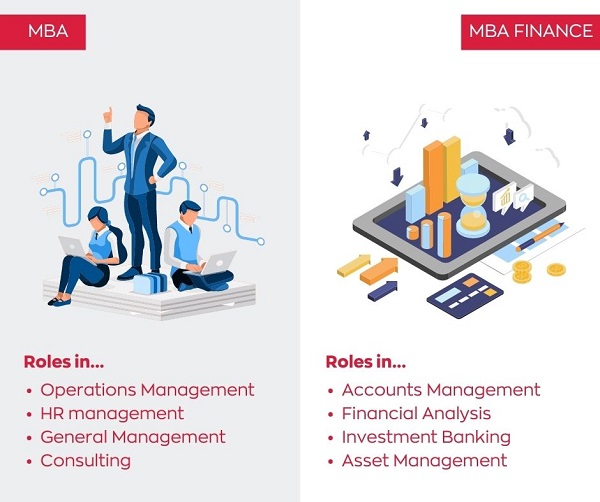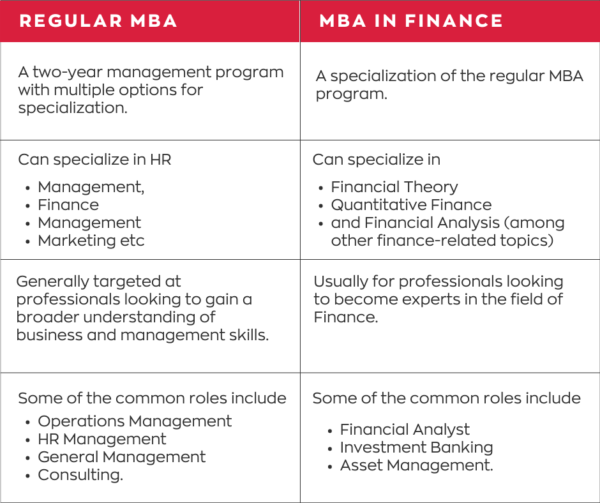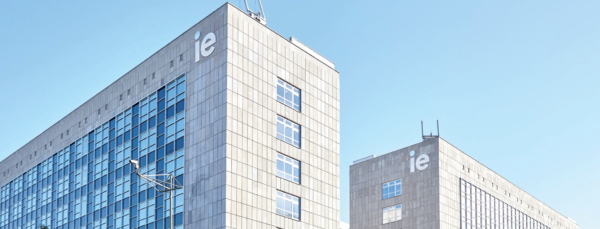What we will look at today!
- What is an MBA in Finance?
- Why Study MBA in Finance?
- What are the subjects in MBA in Finance?
- What is the difference between an MBA and an MBA in finance?
- What are the career opportunities after MBA in Finance?
- How much does it cost to study MBA in Finance?
- Which country is best for MBA in Finance ?
- What are the top colleges for MBA in Finance?
- 1. Stanford Graduate School of Business, Stanford University
- 2. Harvard Business School, Harvard University
- 3. Wharton School of Business, University of Pennsylvania
- 4. HEC Paris
- 5. London Business School, University of London
- 6. MIT Sloan School of Management, Massachusetts Institute of Technology
- 7. IE Business School
- Studying in your dream school with TC Global
A Master of Business Administration (MBA) degree is one of the most popular management courses that can open up a variety of opportunities. An MBA degree not only provides multiple specialization options to choose from but also provides the necessary entrepreneurial and logical thinking capabilities.
For most working professionals, an MBA is the most logical choice when it comes to advancing their careers or stepping into a new career path. On the other hand, undergraduates choose to pursue an MBA degree to kick start their career in the area of their liking.
Most B-schools across the globe offer multiple specializations and opportunities to indulge in academic research to further their career growth.
Some of these specializations include:
- Accounting
- Analytics Intelligence
- Business Analytics
- Finance
- Management
- Marketing
- Product Management
- Supply Chain Management
Given the expenses and commitment that an MBA degree demands, most international students think twice before applying to a university or school abroad. Through this informative article, we help you understand why pursuing an MBA Finance degree can be one of the best investments an aspirant can make.
















